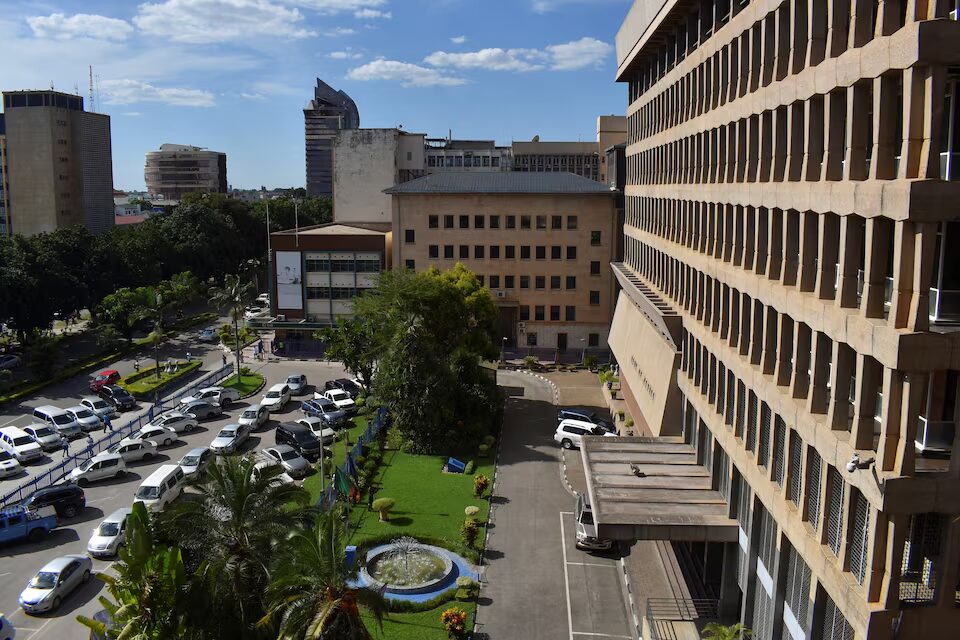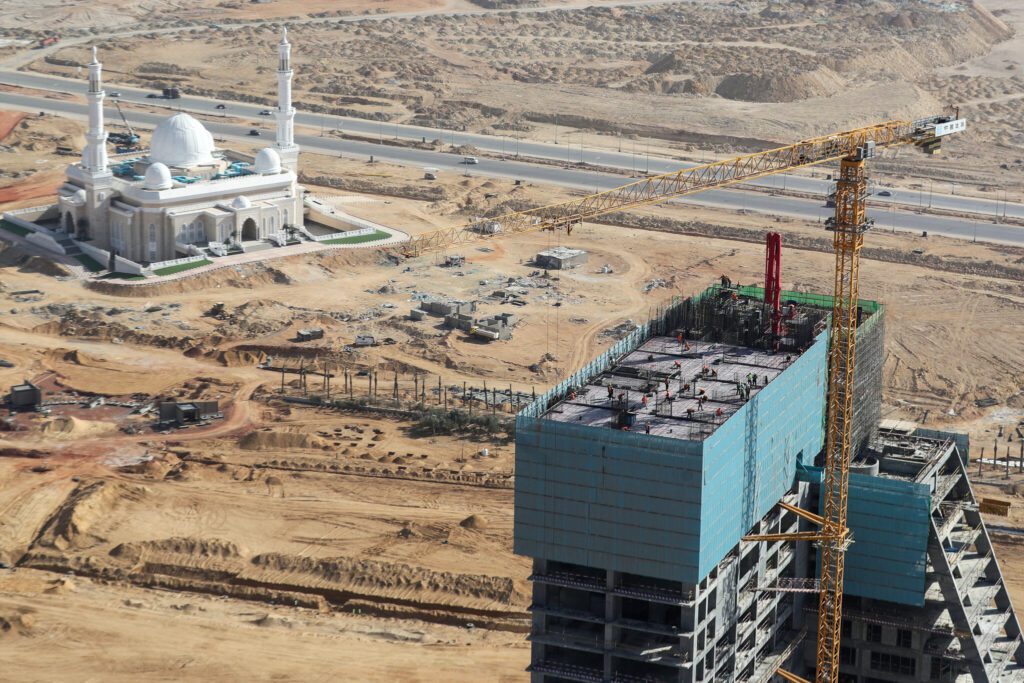
Tuesday 18th November 2025

by inAfrika Newsroom
Egypt is racing to finish its New Administrative Capital, a planned smart city east of Cairo backed by an estimated $59 billion in investment and anchored by a network of national data centres and cloud platforms. Authorities say the project will become a high-tech seat of government and a regional digital hub.
In April 2024, President Abdel Fattah El-Sisi inaugurated Egypt’s first Government Data and Cloud Computing Center along the Ain Sokhna highway. The facility serves as a central repository for ministry data, integrates disaster recovery functions and provides computing power for artificial intelligence tools used in policy analysis and emergency response.
The new hub complements an earlier New Capital data centre developed with Orange Egypt, which invested about $135 million to host smart-city platforms ranging from traffic control to utility management and public safety systems. At Cairo ICT 2024, Orange showcased the site as a core asset in Egypt’s push for 5G, cloud and IoT-enabled urban services.
In October 2025, the government confirmed that three additional state-owned data centres are now operational and linked to the wider digital infrastructure. Officials say the network will host government applications, drive secure data sharing between agencies and support plans to localise data that previously sat in foreign facilities.
However, the model faces questions about environmental inclusion and social equity. Recent academic work on the New Administrative Capital notes that smart-city systems can improve energy use, transport and security, yet may bypass poorer Egyptians if housing, pricing and service design do not account for high poverty and limited digital skills.
Why it matters: Several African governments are now designing master-planned smart districts to ease pressure on crowded capitals and attract investors. Egypt’s experiment will help determine whether these cities become inclusive, low-carbon growth engines or gated enclaves that deepen the “urban services divide.” The outcome affects where jobs, public budgets and digital innovation concentrate over the next decade.
Officials in Cairo argue that the new capital will relieve congestion, modernise administration and create skilled jobs in construction, ICT and services. They also frame the data-centre investments as part of a broader ambition to position Egypt as a hub for global data traffic, leveraging its location on key submarine cable routes.
Civil-society groups and some urban planners are calling for transparent metrics on affordability, green building performance and public-transport coverage. They want guarantees that civil servants relocated from Cairo will have access to adequate housing, schools and healthcare, and that low-income citizens will benefit from digital services, not only from improved macro indicators.
In the wider region, policymakers are watching how Egypt manages data governance. Strong protection of personal information, clear rules for private-sector access to public data and robust cyber-security will heavily influence investor confidence and citizen trust.
Next steps include scaling up digital services on the government cloud, expanding 5G coverage in and around the new capital and publishing clearer benchmarks on inclusion and sustainability. If Egypt can match its infrastructure spend with people-centred design, the project could reshape expectations for how smart cities are built across Africa.


